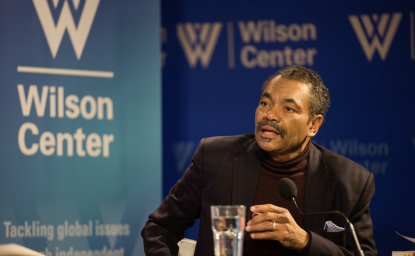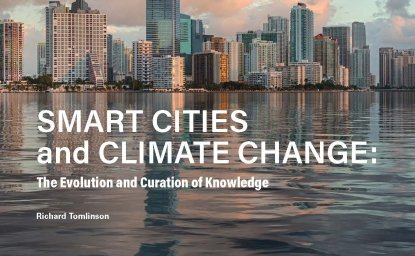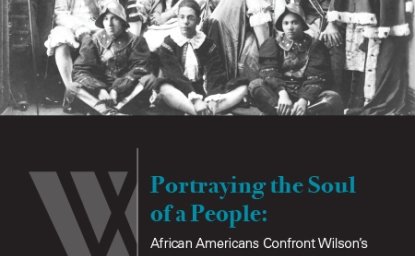Five Case Studies
By Bessy M. Kong and Derek Hsiang
The challenges facing the development of affordable housing across the United States are growing as rent burdens increase, as existing affordable housing ages, and as neighborhoods gentrify and citizens compete for prime real estate. In Financing Affordable Rental Housing in the United States, authors Bessy Kong and Derek Hsiang present five case studies that showcase the development process, examining different ways that affordable housing gets built. The authors explore how financial incentives are used and how different players are positioned to take advantage of the tools that are available.
The case studies investigate affordable rental housing projects used by three different types of housing providers: public housing authorities; non-profit housing developers; and, private for-profit developers. Each case study analyzes the circumstances that led to the development of the project and the financing that made the project work. The case studies in the report include:
- Alexandria, Virginia Redevelopment and Housing Authority
Chatham Square and the Use of HOPE VI
- Miami-Dade, Florida Public Housing and Community Development (PHCD)
And Related Urban Development Group (RUDG)
Collins Park: Private-Public Cooperation
- Thomas Safran and Associates, Los Angeles, California
Skyline Village: Using Low Income Housing Tax Credits and Tax Exempt Bonds
- Gloucester, Massachusetts
Pond View Village: Mixed-Income Development on an Historic Site
Failure and Success in the Same Project
- Midtown West, Manhattan, New York
The Effectiveness of 421-a
The report illustrates how projects succeed in producing affordable housing and draws attention to the factors that are important for making that success possible.
The report is available for download below.

Urban Sustainability Laboratory
Since 1991, the Urban Sustainability Laboratory has advanced solutions to urban challenges—such as poverty, exclusion, insecurity, and environmental degradation—by promoting evidence-based research to support sustainable, equitable and peaceful cities. Read more

Explore More
Browse Insights & Analysis
Dr. Maurice Jackson: The Sounds of Resistance Throughout History

Smart Cities and Climate Change: The Evolution and Curation of Knowledge


